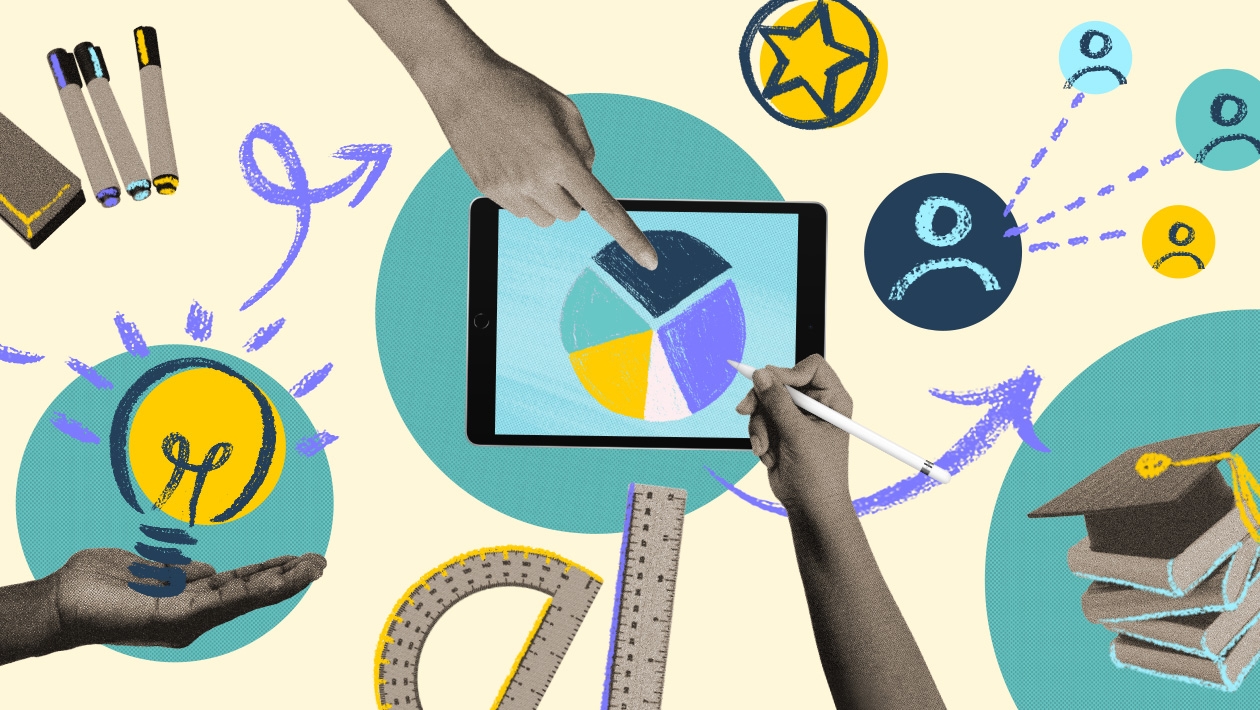This is a paper I gave at the ATEA Conference 2023, about how we can use social media to empower teachers across borders. Apologies for the slideshow being a powerpoint - that was required for the conference.
Within Australia, and internationally, there are increasing calls for greater teacher accountability and increased educational standards. At the same time, workers in both schools and higher education are citing ever-increasing management expectations, precarious employment conditions and shrinking wages. Other threats include the incessant ‘teacher-bashing’ in the media, and the ongoing devaluation of teaching degrees via alternative pathways in order to alleviate ongoing shortfalls.
In such a charged atmosphere, it can be hard for teachers and teacher educators to find new and innovative ways of partnering to promote the importance of education and the work that they as educators do. However, never have such partnerships been more important than in the current time. If teaching is to gain the respect it deserves, and have its fundamental contribution to democracy recognised, then teachers and teacher educators need to work together more effectively.
This paper presents a case study of one such example: #edureading. This was a loosely connected reading group made up of teachers and teacher educators. The focus of the group was engaging with academic research and discussing the implications for practice. Unusually, the group worked across a number of social media sites and video-sharing platforms in order to make use of the various platform-based affordances. Originally a small group, #edureading has now expanded to more than 500 members who regularly contribute, and includes participants from all over Australia, New Zealand and Europe.
But what effect does #edureading have - on both teachers, and teacher educators? Using network analysis to identify the 15 most active contributors, interviews were undertaken in order to determine how and why these teachers and teacher educators engaged with #edureading, and what value they drew from their involvement in the group. Adopting Mockler’s (2011) framework of teacher identity, analysis of these interviews showed that the teachers in question were highly motivated ‘boundary crossers’ who used social media to both improve their practice but also to ‘act as teachers’ in ways that they felt they were not always able to do in schools. In addition, the different platforms of social media allowed them to act in different ways; their decisions about how to act on any particular site were a result of personal preference, their understanding of the site, and also the affordances of that particular tool. By outlining the ways that teachers voluntarily contribute and participate in self-driven education through this group, we hope to provide useful learning principles for all teachers educators seeking to establish communities of practice that extend beyond institutional walls.








Attach up to 5 files which will be available for other members to download.